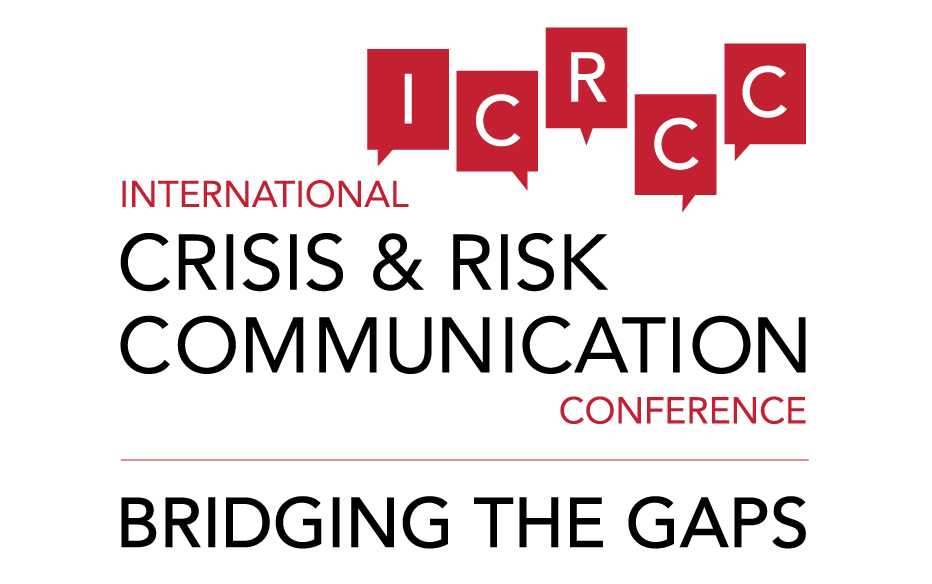
Associate Professor
Michigan State University
United States
Manuel Chavez is Director of Hispanics in Journalism Program and Associate Professor at the School of Journalism in Michigan State University (MSU). Dr. Chavez works on issues related to North American governmental cooperation, border security, media-government relations, public diplomacy, and crisis communication. He studies international news coverage and models of access to information, accountability and transparency related to the news media, especially related to the Americas. He has published numerous scholarly articles and books, received U.S. government grants and from private Foundations, and he is the past-President of the Association for Borderlands Studies and past-Head of the International Communication Division of AEJMC. He received a Fulbright Award to study the impacts of globalization in 1999, and a recognition from the National Academy of Social Sciences of China for best book. He has been reviewer for the National Science Foundation, International Education USDE competitions, and a judge for peer-reviewed journals. He is a regular analyst for national and international news organizations, including: NPR, ABCradio, Michigan Public Radio, Financial Times, BBC, UNIVISION, and Radio Mil –Enfoque- and Reforma newspapers in Mexico.
2014
Breakout Session: Nuclear Energy Preparedness and Crisis Communication in the Midwest. News Media and Corporate Perspective Analysis.*
This study explores nuclear emergency preparedness in the Midwestern state of Michigan and the characteristics of the current media coverage and reporting on the readiness for crises.
The presentation focuses the emergency systems of three nuclear stations in the state: Donald C. Cook, Palisades, and Fermi. The three nuclear facilities are by Lake Michigan and Lake Erie on the Great Lakes Region. Cook nuclear plant is located on Lake Michigan southeast coast by the border with the State of Indiana, close to about 25 miles from South Bend, Indian (University of Notre Dame University) and just 55 miles from Chicago, Illinois. Palisades is only 30 miles north of the Cook facility, which in case of any emergency, the impact on each plant could be catastrophic for the large urban areas close to the plants. Fermi nuclear plant is located in south of Detroit (30 miles) and only 25 miles north from Toledo Ohio, on the Northwest section of Lake Eerie. This plant is in direct straight line to the city of Cleveland and its Metro area at approximately 85 miles. On the areas close to these nuclear plants, there is a significant number of Hispanics, who are, in many cases, solely monolingual and barely functional in English to follow emergency instructions.
In the presentation, we will report initial findings from our study. Our research on the local news media shows that the local news media report about the nuclear plants on a regular basis; however, their coverage on preparedness is scarce. Likewise, we found that the energy companies use traditional and online media (including social media) to disseminate information about readiness and preparedness, but only in a very limited fashion. The presentation will also show the analysis of communication tools used by nuclear plants and key messages which they are trying to be conveyed with them. Finally, the presentation also includes interviews with state emergency communication officials, newsroom staff of Michigan, Indiana, and Ohio. The initial findings show that despite efforts to update communication systems in the cases of nuclear crisis communication, the issue of protection in communities and surrounding population areas are still only marginally informed and neighborhood communities of the nuclear stations will be still at critical disadvantage in cases of a large-scale nuclear accident (such as radioactive leaks).
Examining the connection of the news reports and the corporate emergency efforts to any type of nuclear crisis, is crucial to academics, government officials, first responders, and the nuclear energy industry. It also provides light on the weak coverage of the press that lacks comprehensive understanding of the potentials of a large-scale accident and how it needs to be communicated to the public.
*Manuel Chavez and Tsuyoshi Oshita co-authored this paper. Manuel Chavez and Tsuyoshi Oshita will be presenting.


